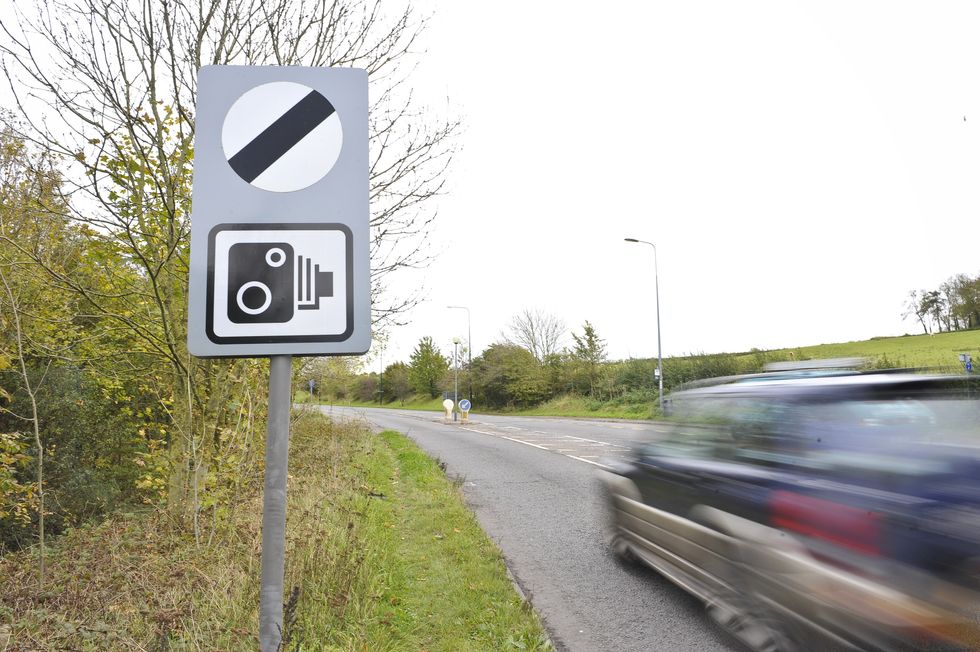



A Transport for London executive has testified that the authority has no obligation to notify drivers when speed restrictions are reduced on an emergency basis.
The statement emerged during legal proceedings at Bromley magistrates' court on Friday, where a motorist is contesting a speeding charge that could have implications for tens of thousands of similar cases.
Gerard O'Toole, who serves as TfL's network regulation manager, stated his belief that information about urgent speed limit reductions need not be publicly accessible, despite such changes creating potential criminal liability for drivers.
His testimony forms part of a case involving a driver accused of exceeding a temporary 40mph restriction on the A20 in south-east London, where the usual limit is 70mph, The Telegraph reported.

GETTY
|A temporary 40mph speed limit sign is at the heart of the case
John Dunlop, aged 55 from Chislehurst in Kent, faces prosecution for allegedly breaching the reduced speed restriction implemented in October 2023 after surface water created dangerous conditions on the carriageway.
Campaign groups indicate that approximately 60,000 drivers received penalties for speeding on this section of the A20 between late 2023 and early 2024.
If Dunlop is successful in challenging his case, these convictions could face reversal.
Among those previously charged was broadcaster Iain Dale, who reported last year that proceedings against him were dropped when a police witness did not appear in court.
 PA |
PA |
The speed limit on the A2 is 70mph
The A2 serves as a major route connecting South East London with Kent, where the standard speed restriction is 70mph.
During cross-examination by defence counsel Chris Jeyes, O'Toole acknowledged that implementing traffic orders represents a significant action that "may criminalise actions that may not otherwise be criminal".
When questioned about statutory obligations, the TfL official maintained: "There's no statutory requirement on us to publish them."
Jeyes pressed O'Toole on whether the Openness of Local Government Regulations 2014, which mandates public authorities to make formal decisions accessible, applied to TfL.
O'Toole responded, saying: "The openness regulations, yes, they apply to Transport for London.
"Obviously they don't apply to the making of traffic orders. Because traffic orders have their own legislation and own set of statutory guidance."
He noted that TfL had placed announcements in the Bexley News and News Shopper regarding the A20 speed reduction.
Dunlop's legal team argues that warning signs installed by TfL contractor FM Conway fell short of mandatory size requirements and were positioned too low beside the carriageway for drivers to notice properly.
Traffic sign regulations specify minimum dimensions and placement standards that the defence claims were not met in this instance.
Additionally, Dunlop contends that the temporary traffic regulation order issued by TfL, which detailed the precise locations where speeds were reduced, remained inaccessible to the public despite exposing motorists to potential prosecution.
His defence maintains that drivers could not reasonably be expected to comply with restrictions they had no practical means of discovering.
District Judge Sarah Turnock has scheduled the next hearing for Thursday, November 13.
